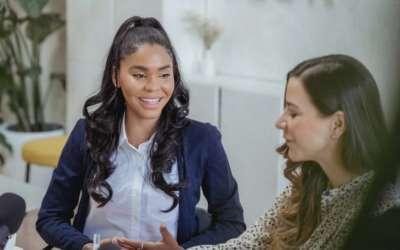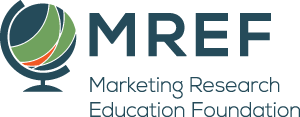Interviews provide you with a very small amount of time to get to know a candidate and make a decision that will have long-standing consequences for your team. It is important to make the most of the interview time by learning how to conduct an effective and accurate job interview.
The first thing when approaching job interviews is to go into the meeting armed with as much information about the candidate as possible and to read that information, and develop thoughtful questions specific to that candidate. Ideally, you should have already conducted any employment assessments like measuring hardwiring or cognitive ability before an interview, otherwise, it may end up being a waste of both of your time. If a person isn’t wired properly for a job, they may give a great interview but ultimately not end up being a fit for the position.
Using Wiring Profiles in Job Interviews
Having their wiring profile information will also help you know where a candidate’s strengths and weaknesses are, so you can ask a more pointed question than “what is your biggest weakness?” Having the results of their assessment will enable you to ask questions like “I am seeing in your assessment results that you like to do things sequentially, can you tell me how that has helped you in your career and where it has hurt you?” You can see the difference in the level of specificity in those two questions and how having the right data gives you the tools you need to have a more meaningful interview.
Why Candidates Should Demonstrate Skills During Job Interviews
If you want to watch your candidate in action, you have to allow them to demonstrate their skills. You wouldn’t hire someone to play in an orchestra by having them describe what a great player they are, you’d want them to show you how well they do the job. You can bring to the interview a problem your company has experienced or that you anticipate the candidate will face in the role and ask them how they would handle it. For example, you can explain an existing process and ask them to identify inefficiencies or ask them to identify the factors they would need to consider when addressing a job-related issue, like lack of brand awareness or slumping sales on a new product. You don’t need to ask them to have all the answers, but even demonstrating the items they would consider or want to learn more about to resolve the problem will give you insight.
Once you think you’ve found a potential fit for the position, you need to begin trying to win the candidate over during the interview. Sell the position and why you think it is a great company to work for, be genuine and honest about what about them you think makes them a fit for the role. Clearly identify what the next steps are on your end and what the timeline is for hiring. Ask the candidate if there are other people they would want to meet with or if there is any other information they need that would help them learn more about whether your company is the right fit for them. You want to keep communication open as you move through the process or if anything impacts that timeline, you want to be transparent throughout the process so candidates don’t worry about your honesty and communication skills as a leader.




